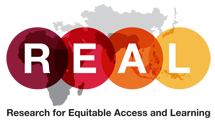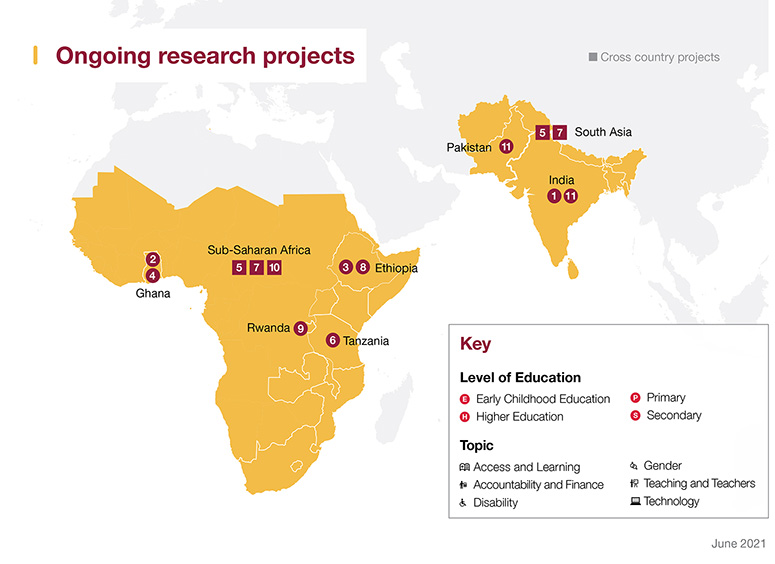
Access to quality education for all children
The REAL Centre undertakes research across a range of contexts aimed at understanding and improving access to quality education for all children. Below is a summary of ongoing REAL Centre research projects.
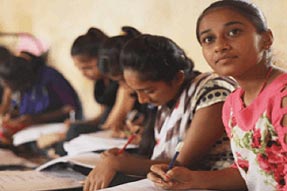
Accountability in India
This research project aims to understand whether, and how, school accountability for learning can be improved from the grassroots. In order to address this objective, we use the case of a community-based intervention in rural India, which aims to engage with local school actors (teachers, headteachers, administrators and school management committees) and provide them with knowledge and resources to implement activities in line with the goal of improving children’s foundational learning in the classroom.
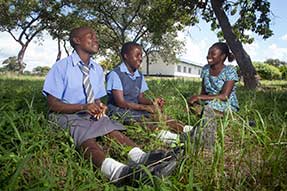
CAMFED’s girls’ education interventions in sub-Saharan Africa
This research aims to provide an evidence base on what works to support marginalised girls’ secondary education, with a focus on CAMFED’s programmes in Tanzania. In particular, analysis of the cost of sending a marginalised girl through secondary school and improving her learning will be undertaken. This aims to inform targeted financing mechanisms that ensure that no girl is left behind, in the drive for quality education for all.
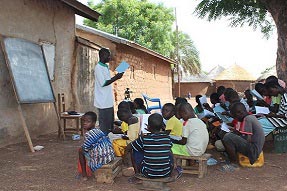
Complementary Basic Education in Ghana
This project explores the experiences and transitions of out-of-school girls and boys in the Complementary Basic Education (CBE) programme in Northern Ghana. It aims to assess changes in literacy and numeracy as a result of the CBE programme, including once these children continue to primary school.
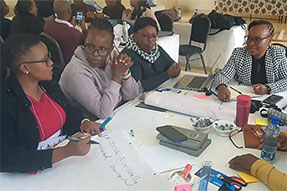
Delivering responsive and inclusive initial teacher education through Design Thinking
This project is conducting applied research on scaling pathways for Schools2030’s innovative model of Design Thinking for Teachers. Design Thinking is a process that allows teachers to assess student learning and teaching environments, identify challenges, and develop and implement innovative practices to improve student learning outcomes.
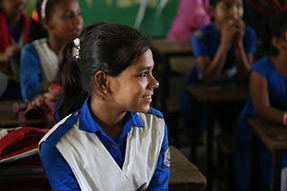
Developing inclusive school systems in Bangladesh
This project, undertaken by the Cambridge Network for Disability and Education Research (CaNDER) aims to understand the impact of inclusive education for children with disabilities in Bangladesh. It will gather evidence on how to successfully develop inclusive school systems in a low-middle income country.
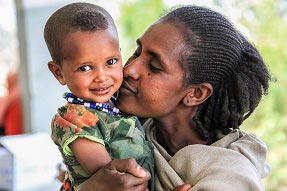
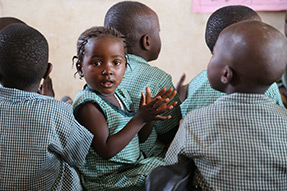
Early childhood education financing
The first five years of a child’s life are among the most critical for their long-term development. Yet spending on pre-primary schooling internationally is very low. Since 2017, we have been working with Theirworld, a global children’s charity committed to ending the global education crisis and unleashing the potential of the next generation.
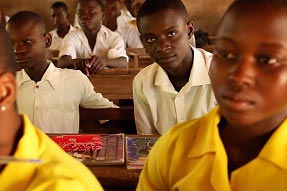
Ghana’s Free Senior High School Policy
This two-year project seeks to conduct a rigorous, mixed-method evaluation of Ghana's Free Senior High School Policy, focusing on 1) equitable access, 2) maintaining quality, and 3) sustainable implementation. In doing so, it seeks to draw lessons for policymakers in Ghana as well as other countries that are considering the abolition of secondary school fees.
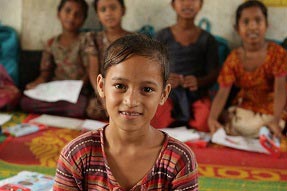
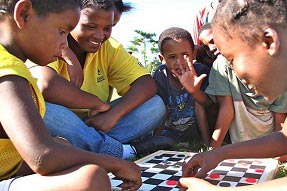
Impact Initiative
The Impact Initiative for International Development Research seeks to increase the uptake and impact of research from the Joint Fund for Poverty Alleviation Research and the Raising Learning Outcomes in Education Systems Research Programme. The approach aims to connect policymakers and practitioners with world-class social science research, maximising the uptake and impact of research.
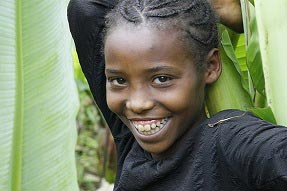
Improving systems of education in Ethiopia (RISE)
As part of the Research for Improving Systems of Education (RISE) programme, this five-year research project in Ethiopia aims to examine whether and how a large package of national reforms works to improve equitable learning in one of the world’s poorest and most diverse countries.
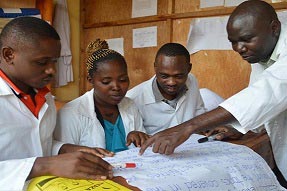
Leaders in Teaching in Rwanda
As learning partners for the Mastercard Foundation’s Leaders in Teaching Initiative in Rwanda, the REAL Centre and Laterite are collaborating to develop robust evidence on how the initiative is working overall to improve the quality of teaching and student learning in secondary schools, particularly for those most at risk of not learning.
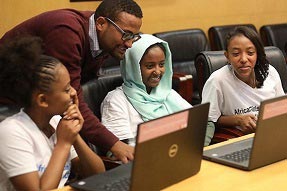
Mapping education research in sub-Saharan Africa
This project focuses on developing an online database that catalogues policy-relevant education research conducted by researchers and institutions in sub-Saharan Africa. Through reviewing and synthesising this research, the aim is to increase its visibility and accessibility.
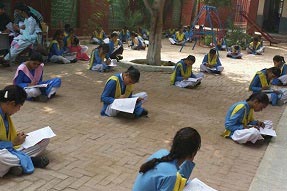
TEACh in India and Pakistan
Focusing on India and Pakistan, this project aims to identify which aspects of teaching are most important for improving all children's learning, and so inform governments on the strategies needed to support children who face multiple disadvantages. The research pays particular attention to children with disabilities, who are most likely to be excluded from learning.

